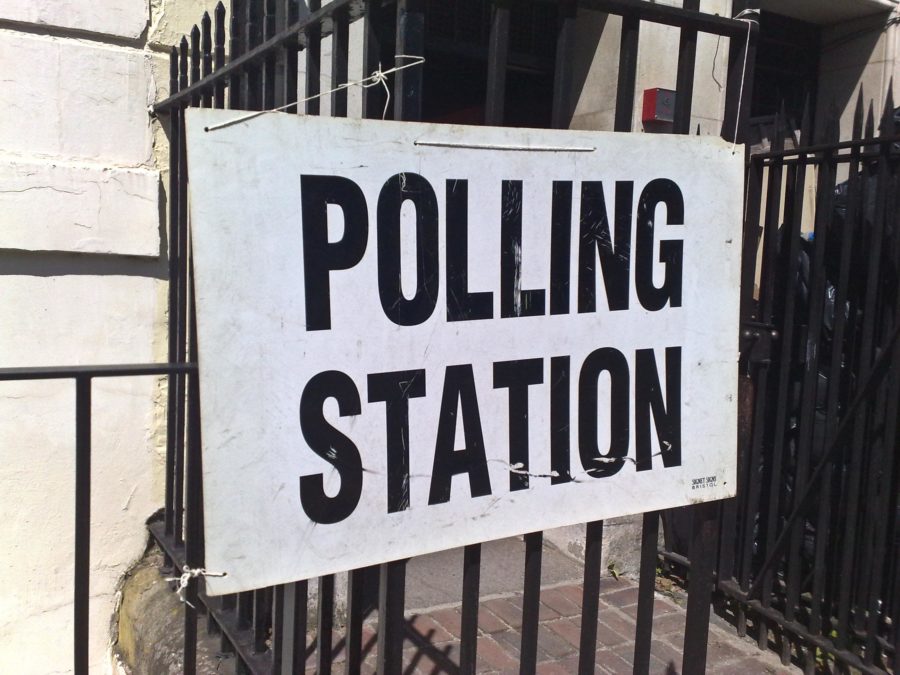On Sunday 7th October, citizens of Bosnia and Herzegovina (BiH) will get the chance to decide the course of their country for the next four years. The United Kingdom, as a guarantor of the Dayton Peace Agreement and a firm supporter of BiH, has both an obligation and a strong desire to see BiH make further progress. As a diplomat and a resident of another country, however strong my interest in the results may be, I will not get to vote.
I have been asked a number of times who I think people should vote for, what the election should be about, and what the result should be. That is not for me to comment on. BiH is a sovereign democratic country, and it is only the voters of this country who should get to decide.
But I often ask myself what I would do if I could vote. I like to put myself in the shoes of someone in similar circumstances, in the middle stages of their professional life, with one eye on their aging parents and the other on their young children’s future. And I think about what advice or questions I might give myself.
Firstly, get out and vote. Why? Because failing to vote, through apathy, frustration or carelessness, as nearly half the voters in BiH generally does, is a choice, a vote in itself. It means choosing to accept the way things are today. Not voting is a gift to the status quo. And from my conversations across BiH, I hear very few who believe that things could not be better. So I would remind myself that voting is a privilege, not enjoyed by everyone around the world, and to make sure I get out there and vote. Every election is determined by the people who show up (Larry Sabato).
Secondly, who of us can be motivated to vote if we do not trust the result? So I would ask myself to do everything in my power to support those who want free and fair elections. In BiH, the NGO group “Pod Lupom” does tremendous work trying to put neutral observers in every polling station – 4,000 of them on this election day. The media is similarly vital in highlighting problems, holding politicians to account, and voicing citizens’ concerns. Could I do more to support those who protect the process, and encourage others to take part?
Thirdly, I would ask myself what it is I want for my children, my parents, and my country, and who has the best plan for making that happen. I would be unusual if I did not start with decent jobs, quality education and healthcare, and better public services. Security and care for my parents, opportunity and the best possible preparation for the world ahead for my children. Who is most likely to deliver?
I know that is a difficult question to answer, given how very little attention seems to be paid during campaigns to improving citizens’ lives. I would push myself to put those questions to anyone asking for my vote. And then I would look for what parties and individuals have done with previous chances in power: promises are easy, keeping them is hard.
Finally, I would ask myself if I am voting out of fear or hope. Am I voting because of what I am afraid of, the ‘other’ that could be some enemy within, a foreigner, or a faceless institution. Voting out of fear of what might be lost – position, identity, privilege – can put those same things further out of reach. Voting from hope, and plans for the future, helps to bring that reality closer.
7th October is your election day not mine. I will not be casting a vote, but I will join my colleagues from the British Embassy, our international observers, the good people of “Pod Lupom”, journalists, and many other, in observing and supporting the democratic process. I hope to see many of you on the day, taking Bosnia and Herzegovina’s future into your own hands, and voting for those that can help you build a better life for yourself and for your families.

